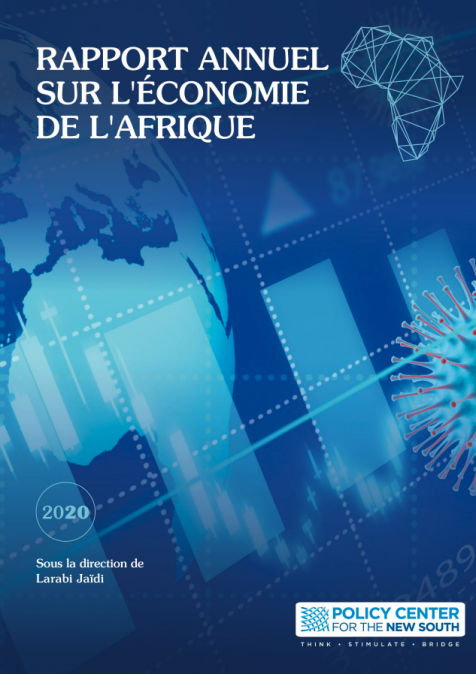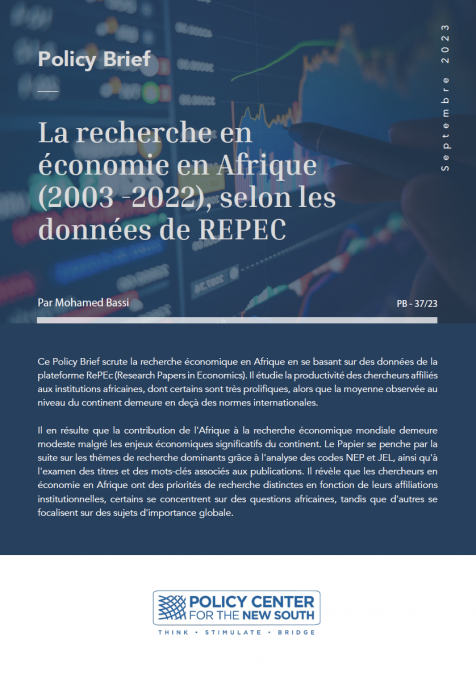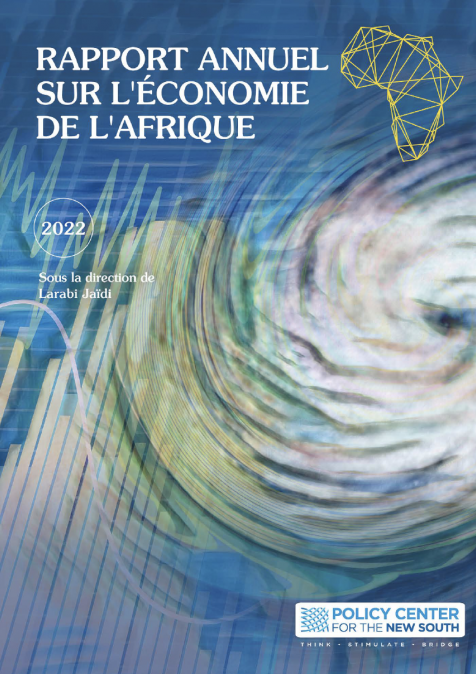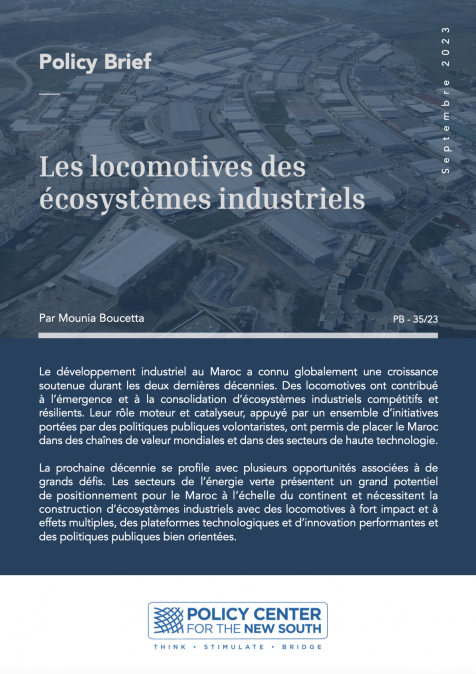Publications /
Policy Brief
Bien que l’IGAD (Autorité intergouvernementale pour le Développement) ayant initialement été conçue pour un mandat restreint de promotion de la coordination des approches nationales en matière de développement, pour atténuer l’impact de la sècheresse et de la désertification, les questions de paix et de sécurité ont finalement été intégrées comme piliers de l’Institution au nom de l’impact bénéfique de la stabilité et de la sécurité sur le développement des pays de la région. Les réalisations majeures de l’IGAD en matière de médiation, de paix et de sécurité dans la Corne de l’Afrique n’ont cependant pas suscité une dynamique régionale sur les plans économique et de l’intégration. Les efforts de l’Organisation en matière de paix et de sécurité se sont toutefois caractérisés par le fait d’être ponctuels et réactifs, essentiellement en raison de l’aléa des intérêts nationaux, des alliances entre Etats membres et des tensions régionales. Cet ensemble régional continue, néanmoins, d’œuvrer et de développer des approches régionales pour faire face aux problématiques structurelles de la sècheresse, de la sécurité alimentaire et de l’impact du changement climatique sur les déplacements internes et la sécurité des populations locales. Malgré les avancées en matière de croissance des économies, cette région reste marquée par l’extrême pauvreté de ses communautés, une population croissante, jeune et affectée par le chômage, un déficit de gouvernance démocratique, ainsi que par une grande dépendance de l’aide internationale. La crise sanitaire de la Covid-19, l’invasion massive de criquets pèlerins, ainsi que les inondations dévastatrices dans plusieurs pays ont créé une situation de crise multidimensionnelle, mettant à rude épreuve les mécanismes institutionnels de gestion de crise de l’IGAD. L’Organisation et ses Etats membres ont été contraints d’ajuster leur approche à l’urgence de la situation et mettre en place des stratégies de riposte communautaire aux récents défis à la sécurité humaine dans la région.









